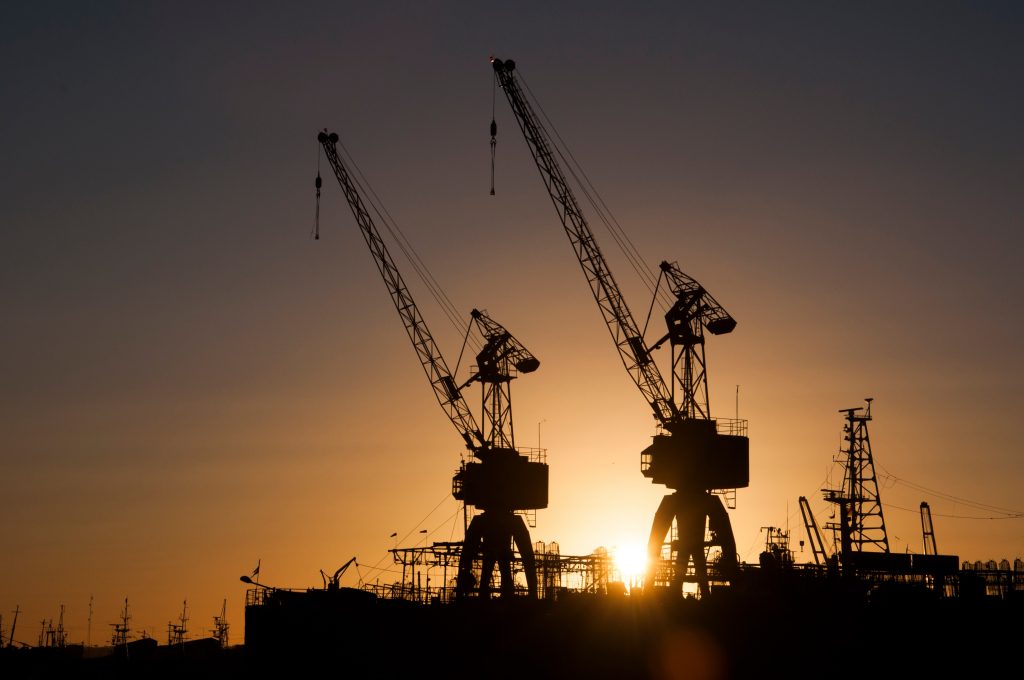
Flexibility is a key player when it comes to construction project completions. Since the industry can be highly unpredictable and volatile, embracing flexibility is one strategy you can try to survive and thrive. Whether you’re building a multi-level structure, a single-dwelling house, an apartment complex, or a healthcare facility, turning the endeavour into an adaptable one can significantly contribute to it being a success.
Starting from the planning phase until the actual building itself, you are unlikely to avoid bumping into several challenges that might cause delays in your project. With a flexible strategy in place, though, you could still potentially navigate your way around any unexpected occurrences. If you’re interested to know more about how you can incorporate flexibility and adaptability in your construction project, here are some key factors to consider or think about:
Risk Management
Risks are inevitable in any project, especially when it comes to large scale constructions. Regardless if you’re the project manager, the owner of the company, or the head engineer of the project, it’s your responsibility to ensure that potential risks are determined and efficient plans to address these risks are sorted out even before construction begins.
An excellent example of good risk management is planning for the on-site accommodation of workers and employees. Although site offices and workforce housing are mainly temporary, it doesn’t mean you could overlook the necessity to build safe and robust structures for your team. Some of the options you have include modular buildings and portable offices. You can also look into mining fabric buildings that can be installed easily, with or without foundations.
By providing safe and comfortable buildings for the team, you minimise the risk of employees and workers getting into accidents or injuries. You can rest assured that everyone in the workforce is secure, and this goes a long way when it comes to avoiding possible risks and extra expenses for the company.
Feedback and Transparency
Another critical factor that you may want to keep in mind is the feedback and transparency as you and your team work on the project. Your craft should always be open to new perspectives, and you can get those from the people you work with.
Collaboration and teamwork are essential in improving your project’s flexibility and chances of success. That said, it’s crucial that you remain transparent and always ready to accept criticism (and praises) from everyone you’re working with.
Technological Software and Automation
Every industry is highly dependent on access to good technology. While the construction industry greatly revolves around manual labour and the workforce, that’s not a good reason why you should miss out on integrating technological options that can streamline most of your operations.
Project managers can greatly benefit from various construction software. Digital tools and automation can help boost productivity while also cutting down your project’s overall cost. For example, you can use construction tracking software that can help improve resource management, financial planning, and scalability. You can also utilise communication platforms that offer real-time collaboration and mobile capabilities, thus helping in simplifying and prioritising tasks at hand.
Decision-making is significantly improved with the help of software and automation. Your team and everyone involved in making necessary changes or decisions no longer have to be on site all the time. A centralised hub and cloud-based applications also help organise and store all project-related data, files, and documents.
Financial Management
Establishing a proper budget plan can make or break any construction project. If your tasks involve managing and handling the financial aspect of the project, you need to make sure you’re prepared for it. Going over the budget is one of the most common challenges when tackling a project. If you want to avoid that, try your best to set a realistic budget and look for ways to optimise your finances. Devising a balanced inventory management system would also help keep track of your resources and expenses.
Completing the project on time may be the ideal goal, but don’t forget that the business could affect financial management. Track your resources consistently and accurately to make sure everything stays on budget. A flexible construction project should also be prepared for unanticipated expenses. That means you need to be able to handle such issues should they arise. You’ll also be responsible for tracking project spending, creating financial forecasts, and even prospecting possible financing opportunities if you need more funds.
Final Thoughts
Managing a construction project isn’t an easy undertaking, let alone making it a flexible and adaptable one. There are different vital factors you need to keep in mind because the success of your project highly depends on how you will handle and manage finances, risks, and feedback. Consider utilising technological trends that can help streamline your tasks. Don’t forget to know your priorities: to deliver on time, stay on budget, and keep your team safe and productive.
The construction industry is constantly changing and innovating. If you want your business to keep up with the times, consider embracing a flexible management system that allows for more room for improvement and success in the long run.
